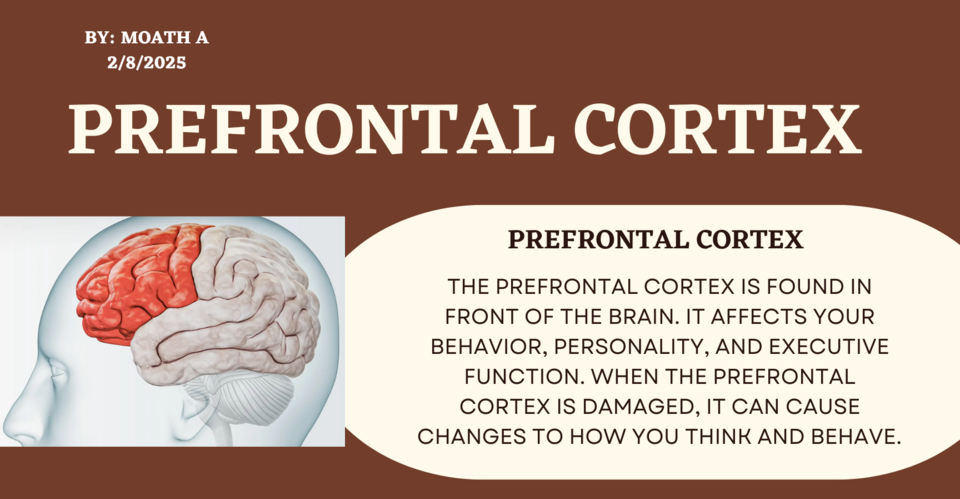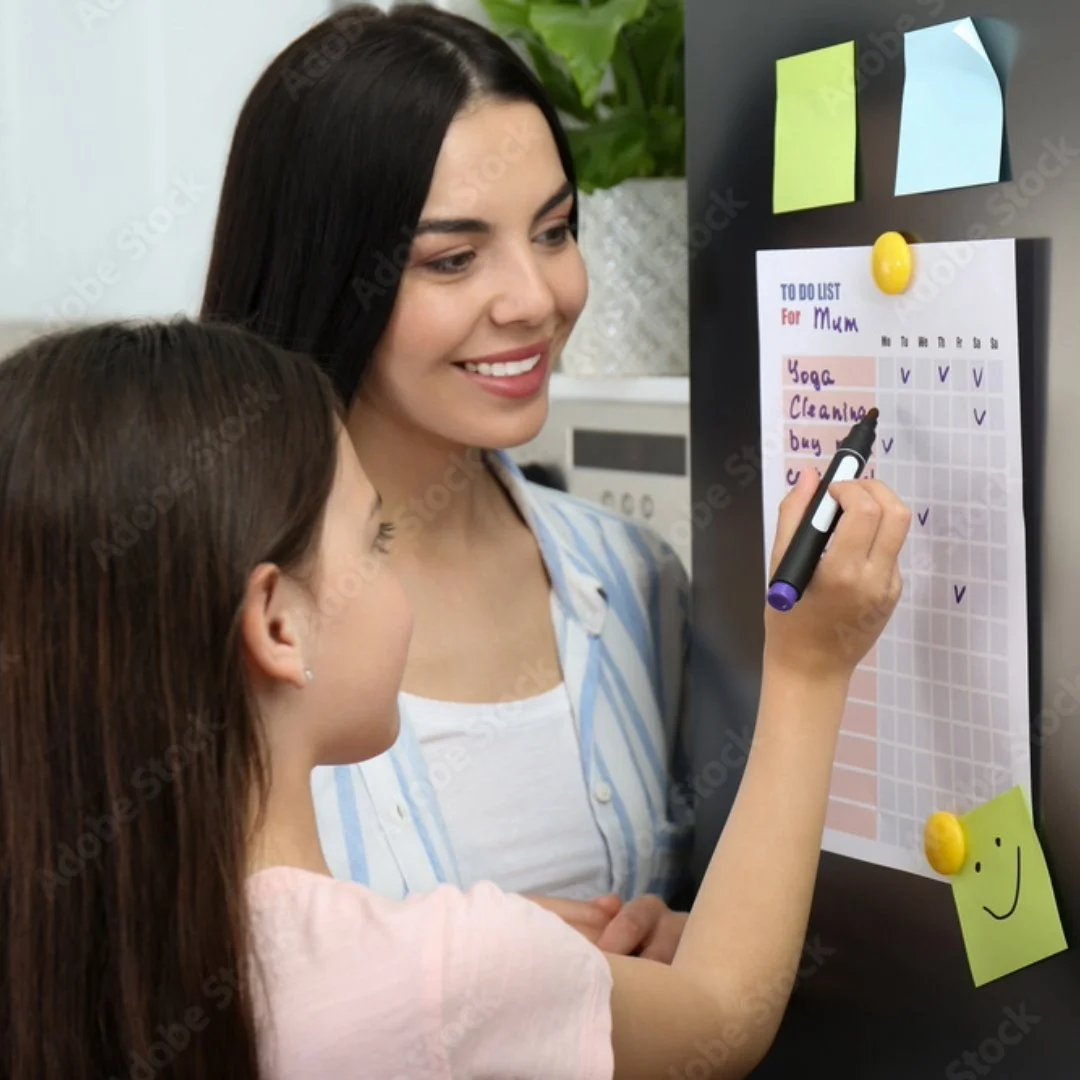From Overwhelmed to Organized: Executive Function Hacks for Busy Families
By Sherla Alexander-Laville, M.Ed | July 11, 2025 | charmcityeducation.com
At a Glance
It's normal to feel overwhelmed and frustrated when you see your child disorganized and unable to complete basic tasks.
Learning how to organize their environment, finish daily tasks, home projects and regular weekly chores can improve the confidence and productivity of child/ teen and enhance family unity.
Being able to plan, start, and finish tasks is a life skill! Whether it’s turning in homework, managing chores, or juggling a busy schedule, these executive functioning skills are what help kids (and adults) stay on track. The truth is, these skills are essential not just for school success, but for thriving at home and out in the world.
During late childhood and adolescence, when the brain’s prefrontal cortex is still developing, kids and teens are learning how to manage time, stay organized, and follow through on responsibilities. Many struggle with this process. Some kids and teens lack motivation, while others feel overwhelmed or don’t know how to begin. That’s why building executive functioning skills at home is so valuable.
Supporting executive functioning at home doesn’t have to be complicated. In fact, with just a few simple strategies, you can help your child build the focus, organization and consistency they need to thrive in school and beyond.
1. Lists and Goals
Making a to-do list can feel overwhelming if your child doesn’t connect with the tasks. Work together to create small, doable lists with clear goals. For example, involve your child in making the grocery list. They can add items, check things off at the store, and help put groceries away at home. Use this to guide them in creating their own daily or weekly goals, like washing dishes or folding towels. Keep it short ! Just work on 2 to 3 actionable goals, so it feels achievable.
2. Transparency and Routine
Make weekly planning a family habit. Pick a day and time, like Sunday at 5 pm, to discuss chores and goals. Create a family chore chart and keep it where everyone can see it. Let your child add their own goals, like “practice piano 3 times” or “finish reading chapter.” When plans change, like a day trip or friend’s visit, talk about it ahead of time so tasks can be adjusted.
3. Make it fun
Turn chores into fun challenges to build focus and planning. Try sorting laundry by color against a 3-minute timer. Make cleaning a scavenger hunt. Ask them to find all the red toys or blue clothing items and put them away. Or race to finish setting the table. These games take the pressure off chores and make them motivating.
4. Time on Task
Let your child set how long they want to work before taking a break. Ask, “How much time do you think you need?” Use a visual timer like a sand timer or phone timer. Break bigger tasks, like homework, into 20-minute chunks with 5-minute breaks. Afterward, ask if the time felt right or if they want to adjust it next time. This builds ownership and focus.
5. Celebrations
Recognizing effort is just as important as celebrating completed tasks. Noticing and praising daily attempts helps build your child’s confidence and encourages them to keep trying, even when progress feels slow. Simple comments like “Great focus on your homework today” or “Thanks for helping with the dishes” can boost motivation. For weekly goals, consider small rewards such as a family movie night, extra screen time, or a fun outing. You might also use a sticker chart or point system that leads to bigger rewards after consistent effort.
6. Revise and Reflect
Review tasks and goals together to see if they’re working. If not, don’t hesitate to adjust them. Remember, executive functioning is a learning process. Some kids adapt quickly, while others need more support and flexibility. Use weekly check-ins or daily reflections to make realistic changes. Encourage your child to set their own time for completing tasks to build ownership and accountability.
Executive functioning requires both practice and patience. With time, consistency, and thoughtful adjustments, your child can find strategies that help them complete tasks efficiently in a way that suits their personal style. Most research shows that as a childs or teens executive functioning skills develop, so does their ability to stay organized, focused, and independent. This leads not only to increased productivity but also to greater cooperation and calm within your family.
*If you’d like more support or resources to help your child build these important skills, please don’t hesitate to contact us. We’re here to help every step of the way!




